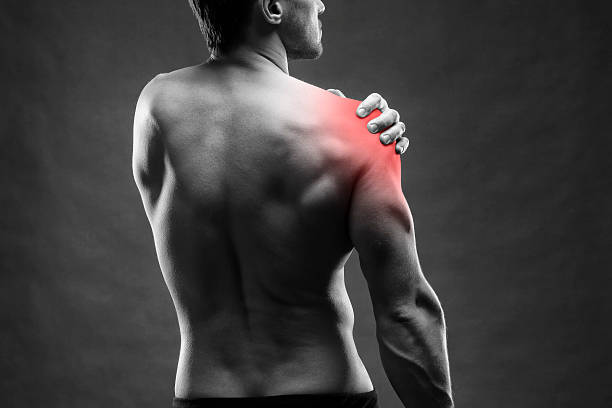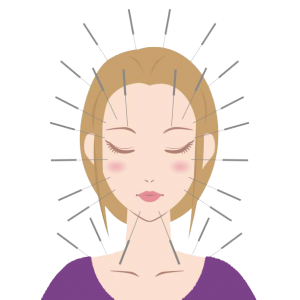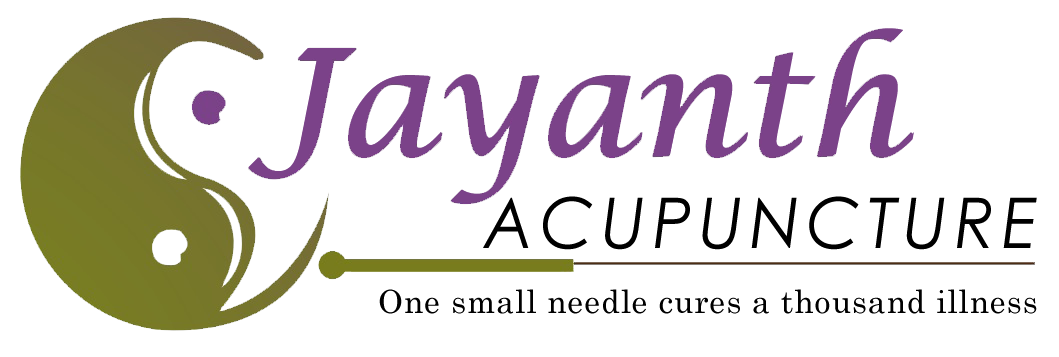Frozen Shoulder Treatment
Best Frozen Shoulder Treatment in Chennai
Frozen Shoulder Treatment in Chennai
The Best Acupuncture Treatment for Frozen Shoulder in Chennai
Inflammation of the periarticular structures around the shoulder joint is termed as frozen shoulder. The rotator cuff is most affected. Pain in the shoulder is associated with restriction, particularly of rotation and abduction. When frozen shoulder is accompanied by pain and swelling in the hand due to sudecks atrophy [CRPS – Complex regional pain syndrome, also known as Sudeck atrophy]. The condition is termed shoulder hand syndrome. Both the entities are often of neurovascular aetiology and may occur as a complication of myocardial infraction and hemiplegia.

Conditions related to Frozen shoulder
- Calcific tendinitis
Calcific tendinitis is a form of tendinitis, a disorder characterized by deposits of hydroxyapatite (a crystalline calcium phosphate in any tendon of the body, but most commonly in the tendons of the rotator cuff (Shoulder), causing pain and inflammation. The condition is related to and may cause adhesive capsulitis (“Frozen Shoulder”)
- Shoulder impingement syndrome
Shoulder impingement syndrome is a syndrome involving tendonitis (inflammation of tendons) of the rotator cuff muscles as they pass through the subacromial space, the passage beneath the acromion. Is particularly associated with tendonitis of the supraspinatus muscle.
- Rotator Cuff Tear
Tear in the muscles or tendons surrounding the shoulder joint.
A rotator cuff tear often occurs in people who repeatedly perform the same shoulder motions. Symptoms include shoulder pain and weakness.
- Dislocated Shoulder
Dislocation of the humerus from the shoulder blade socket. An injury in which the upper arm bone comes out of the shoulder blade socket.
A dislocated shoulder requires prompt medical care. Symptoms include an out-of-place shoulder, swelling, pain and inability to move the joint.
- Subacromial bursitis
Subacromial bursitis is a condition caused by inflammation of the bursa that separates the superior surface of the supraspinatus tendon (one of the four tendons of the rotator cuss) from the overlying coracoacromial ligament, acromion, and coracoid (the acromial arch) and from the deep surface of the deltoid muscle. The subacromial bursa helps the motion of the supraspinatus tendon of the rotator cuff in activities such as overhead work.
Subacromial bursitis is an intense pain in your shoulder that gets worse when you move. Getting treatment early can help prevent long-term joint problems
- Dupuytren’s Contracture
A condition where the development of fibrous connective tissue between the tendons of the finger leads to a contracture.
Dupuytren’s contracture is a painless deformity of the hand in which one or more fingers (in this case, the two fingers farthest from the thumb) are bent toward the palm and can’t be fully straightened
- Carpal Tunnel Syndrome
A condition that causes pain, tingling and numbness in the hand.
Wrist anatomy, underlying health conditions and patterns of hand use can contribute to carpal tunnel syndrome. Key symptoms are pain with numbness or tingling in the arm and hand.
Symptoms
Signs and symptoms of frozen shoulder progress gradually, worsening overtime and resolving in a few years.
- Dull or aching pain in the outer shoulder area
- Inability to move the shoulder (restricted motion)
- Pain during any type of shoulder movement
- Pain in the shoulder during night that disturbs sleep
Causes
Frozen shoulder results from inflammation and tightening of the capsule around the shoulder joint.
The risk factors include:
- Medical conditions such as diabetes, overactive or underactive thyroid.
- Immobility or reduced mobility due to arm fracture, stroke, or surgeries such as mastectomy.
- Age: More common among elderly persons.
- Gender: Women are at higher risk of developing frozen shoulder.
- Previous injury.
- Some systemic diseases such as tuberculosis and Parkinson’s disease.
Self-care
- Use heat or cold packs to reduce pain.
- Exercise and use the affected shoulder as much as possible.
Foods to eat:
Anti-inflammatory foods: e.g. fruits such as pineapples, berries, red grapes, vegetables such as cabbage, cauliflower, brussel sprouts, broccoli, sweet potatoes and cress.
Foods to avoid:
Foods rich in simple carbohydrates and fats
Acupuncture treatment is quite effective in treating frozen shoulder. Usually you can notice marked improvement within four or five treatment sessions depending, of course, on how chronic or acute the problem is. It is reasonable to expect a full recovery after ten treatment sessions.
We believe in affordable healthcare service for all.
For appointments call us @ +91 77082 11515


